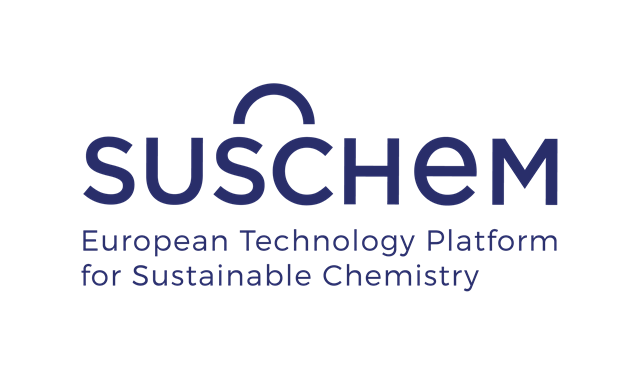Commissioner Moedas described three interrelated drivers of a new momentum for innovation in Europe:
- Science to develop the new ideas and technologies of the future
- Start-ups and SMEs to develop the breakthrough innovations, combining technologies and new business models, and
- Industry to scale up innovations and create economic and social impact.
PPPs
“Nine out of ten of the collaborative projects [in Horizon 2020] include at least one private sector partner,” he said. “And there are two particular ways we work with industry: the so-called PPPs and the KETs.”
The Commissioner also sees the Public Private Partnerships (PPPs), such as SusChem and the SusChem inspired programmes under SPIRE and BBI JU, as great successes that need to be taken forward incorporating learning from the experience in Horizon 2020.
He stated a need to simplify the array of different public-private instruments and make them more open both to new participants and new funders such as Member States and private foundations. He also saw the need for PPPs to be more flexible and able to adapt to both current and future needs.
SusChem has a long tradition of working closely with Member States through its network of National Technology Platforms and the recent PHEONIX initiative for CO2 valorisation includes three Members States working with the European Chemical Industry Council (Cefic) to develop and implement Carbon Capture and Utilisation (CCU/ #useCO2) technologies.
KETs
Commissioner Moedas sees KETs as another essential building blocks for innovation success. “With them, we have the power to create products that place us at the forefront of an advanced economy,” he said. “And they underpin our global leadership in so many of our industries. Their importance cannot be understated.”
He thanked the High-Level Strategy Group on Industrial Technologies, chaired by Jürgen Rüttgers, for their preliminary report ‘Re-finding Industry’ that advises the simplification and merger of some of the existing KETs and two new KET topics: artificial intelligence, and security and connectivity.
The group has been tasked to review the European strategy on KETs and to recommend how to best place them in the forthcoming mission-oriented research and innovation programme. The group's final report is expected to be published in April 2018.
The report states that Europe’s competitiveness lies in its capacity to create balanced, cohesive, well educated, healthy and protected societies. In this context, KETs must contribute to improving peoples’ lives, fighting poverty and correcting inequalities and, therefore, a new, broader definition for KETs is suggested based on four criteria: impact, relevance, key capacity, and enabling power.
In addition to the two new topics, four of the six KETs are recommended to be merged into two broader categories (materials and nanotechnology, photonics and micro and nano-electronics) and the KET ‘biotechnology’ topic should be broadened to ‘Life Sciences technologies’.
The report also investigates the potential links between KETs and mission-orientated research (see above) as advocated as a core element of FP9 and identifies 14 possible mission topics including ‘Industry renewal’, ‘Circular economy – shift to de-production and re-production’, ‘Carbon re-use - from climate killer to industry asset’, and ‘Bio manufacturing – bringing life to manufacturing’ all of potential interest to SusChem stakeholders.
SusChem view
The HLG report broadly corresponds with SusChem thinking on KETs.
SusChem outlined its position on KETs in a recent paper. The document describes what can be achieved by KETs and details the major technology developments and initiatives needed to:
- Create Advanced Materials for use in energy efficiency, renewable electricity production and energy storage, or smart functionalities responding to stimuli
- Develop Advanced Process Technologies, including Industrial Biotechnology, for more sustainable production including through utilisation of alternative carbon feedstock and alternative energy sources.
- Leverage Digital Technologies for use in advanced process control and materials modelling, to enable disruptive business models and to create new customer experiences.



No comments:
Post a Comment
Please post your comment here. Please note that this newsblog is not moderated.
Note: only a member of this blog may post a comment.